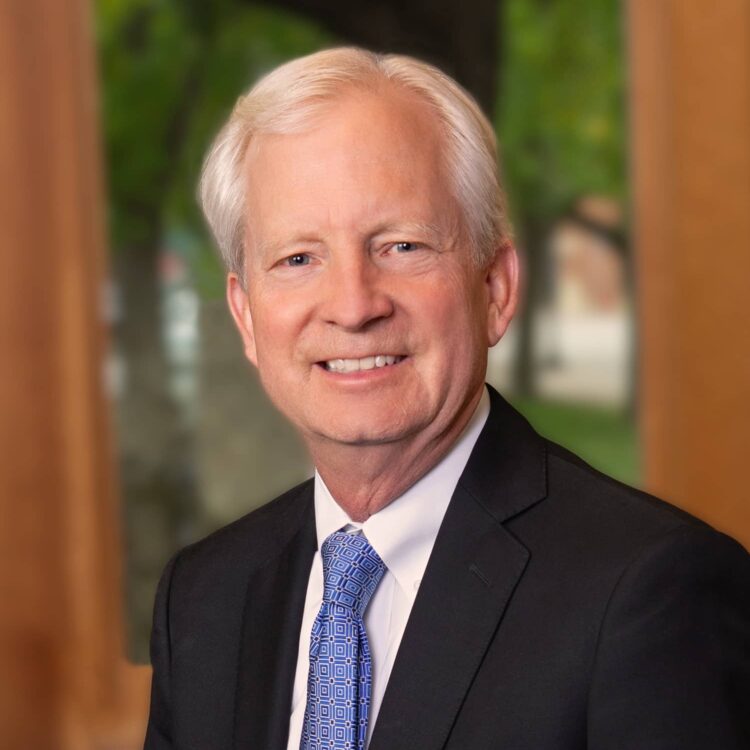What is the Fiduciary Rule?
The fiduciary rule is a regulation that requires investment advisors to act in the best interests of their clients. This means that investment advisors must put their clients’ interests ahead of their own when providing investment advice. The rule is intended to protect investors from conflicts of interest that could arise if investment advisors were incentivized to recommend certain investments over others.
History of the Fiduciary Rule
The fiduciary rule was first proposed by the Department of Labor (DOL) in 2010 to protect retirement savers from unscrupulous financial advisors. The DOL’s proposed rule would have required all advisors who provide investment advice to retirement savers to act as fiduciaries. In 2016, the DOL issued a final version of the fiduciary rule that applied to all retirement accounts, including 401(k)s and IRAs. However, the rule faced legal challenges, and in 2018, a federal appeals court struck down the regulation. The Securities and Exchange Commission (SEC) has since issued its own version of the fiduciary rule.1
Under the SEC’s fiduciary rule, which was adopted in 2019, investment advisors must provide advice that is based on the client’s specific needs and financial situation. This means that advisors must take into account factors such as the client’s age, income, risk tolerance, and investment goals when providing advice. The fiduciary rule also requires investment advisors to monitor their clients’ investments and provide ongoing advice. Advisors must periodically review their clients’ portfolios and make adjustments as necessary to ensure that they continue to meet their goals.
The crux of the matter is that dating back to 1974, and even earlier in other forms of rules and legislation, the government has worked to enact standards, laws, regulations, rules, and guidelines to protect consumers and investors. One of the strongest ways to do that is to require the professionals that give financial advice and manufacture investment products to always serve the best interest of the client. That, in essence, is at the heart of the Fiduciary Rule.
CCM’s Approach
Carlson Capital Management has provided wealth management to clients under a fiduciary standard of care for many years. Acting as a fiduciary is truly at the core of our relationships, decision making, advising, and culture.
Clients of Carlson Capital Management should be clear on the fact that while we advocated for the broadening of fiduciary standards as required by the Rule, its enactment had little impact on CCM. Registered Investment Advisors (RIAs) like CCM, by the nature of choosing to offer clients advice in a transparent, independent, fee-based manner, uphold fiduciary standards as inherent to the way they do business.
Fiduciary standards are of such importance to us that each year, CCM voluntarily goes through an independent third-party assessment by the Centre for Fiduciary Excellence (CEFEX) to evaluate our adherence to the industry’s best fiduciary practices. In 2007, we were one of the first investment advisors globally to complete the CEFEX process.
What the Fiduciary Standard Means for Our Clients (And Our Colleagues)
The following values are at the core of our fiduciary commitment at CCM. They are “why” a fiduciary standard is so important to us.
Best Interest of the Client
As a fiduciary, we are required to act in the best interest of our clients. That should be a given—why would anyone hire a financial advisor who wouldn’t agree to that relationship? We wouldn’t.
In contrast to the fiduciary standard, is the suitability standard. This is the standard by which investment strategies involving securities are held to. A suitability standard means that an advisor only has to provide advice or a product recommendation that is suitable for a client’s goals, not best, even if it costs twice as much as an identical solution. What is the reality of that situation? One example is that under the suitability standard an advisor can offer “suitable” investments that allow them to get compensated much more—and at the client’s expense.
Transparency and Objectivity
When transparency and objectivity are fully present, clients are best served. We have chosen to build our firm upon each of these foundational tenets. Our clients never have to wonder if there is a hidden motive behind any of our recommendations. They know we are committed to recommendations that we believe are solely in their best interest.
Standard of Care
A fiduciary not only pledges to operate without conflict of interests, but also to provide a continued standard of care. While this may seem obvious, the suitability standard does not require this. At Carlson Capital Management, at the core of our service model is to continually and routinely monitor and update our clients’ financial plans.
As a father of three daughters, and a founder of a company with now more than 80 colleagues, I have always tried to instill a culture and ethic of honesty and integrity. I have shared this creed often: “If you always tell the truth, you never have to remember what you said.” In essence, each interaction builds upon always telling the truth. That same logic and creed applies equally to the fiduciary standard—if we always act in the best interest of our client, we never have to look back and wonder what we did, for whom we did it, and why we did it. In our next, and every interaction, we just need once again to act in their best interest. The fiduciary standard is one we deeply believe in for our clients and colleagues as we deliver the CCM Experience.
Sources for numbers and data cited throughout this summary can be found at:
- https://www.sec.gov/rules/interp/2019/ia-5248.pdf
NOTE: The information provided in this article is intended for clients of Carlson Capital Management. We recommend that individuals consult with a professional adviser familiar with their particular situation for advice concerning specific investment, accounting, tax, and legal matters before taking any action.

